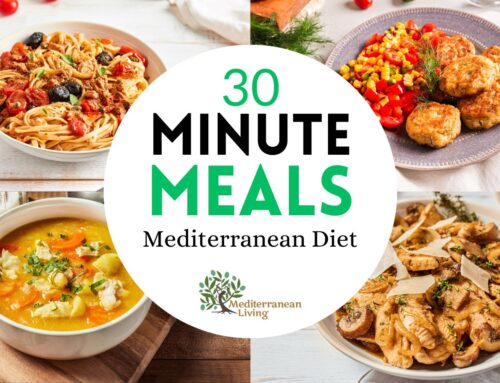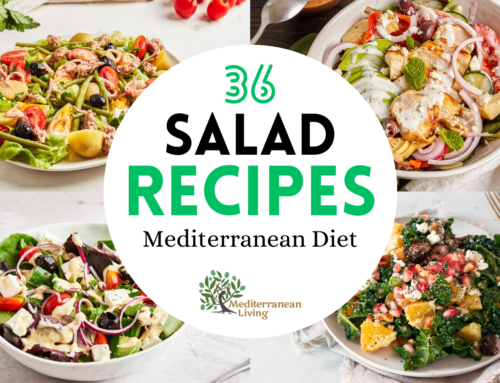What’s Wrong with the Mediterranean Diet?
By Bill Bradley, R.D.
Updated July 22, 2015
Once again, the Mediterranean Diet is plastered on the cover of every magazine and newspaper in the country. The newest headline: “Study shows the Mediterranean Diet is good for memory”. I kind of want to be excited, but, I mostly feel exasperated. In the Mediterranean, where people still practice traditional diet and customs there is almost no dementia or heart disease or cancer or really any other disease. People die of old age, sometimes in their 90’s, sometimes in their 100’s. And they do it with energy, grace, and style.
The story that needs to be covered is why most Americans aren’t eating this way. Why do we continue to go on crazy diets that restrict calories or eat bacon by the pound when the Mediterranean Diet has been proven beyond a doubt to be ridiculously good for us and delicious.
Maybe it’s because most Americans haven’t tried “real” Mediterranean cuisine. We think we have eaten it when we go to an Italian or Greek or Middle Eastern restaurant. But, many of these restaurants serve Mediterranean “Junk” food. Most regions of Italy do not serve huge plates of spaghetti with a couple of pounds of meatballs, a loaf of white bread, and a tiny salad covered with blue cheese.
You won’t find any restaurants in the mountains of Greece serving a Greek Salad made with iceberg lettuce or a gyro full of fatty meat and french fries. These foods are a sliver of the Mediterranean Diet. When I first traveled to the old villages in Crete I was delighted with the foods I ate: Grass fed lamb, slow cooked with peppers, onions, olive oil and herbs; Spinach pies made with wild edible greens and fried in olive oil; and thick Greek yogurt simply topped with fresh thyme honey.
Maybe in America we are not ready to love food again. You would be surprised by the number of times I have cooked at a workshop and participants say they can’t eat the Mediterranean dishes I have prepared because they are restricting a particular food at the moment. Participants sometimes say they have “eaten their points for the day.” I stand in front of them with some of the healthiest food in the world and they won’t eat it. This, of course, isn’t the fault of the person, but a result of the crazy diet culture we have been brought up in. For the last 40 years, we have been inundated with nutrition information that is often conflicting and usually powered by the food industry. The reason you won’t hear many commercials about the Mediterranean Diet is because it is an unprocessed diet and 70% of the food we eat is processed. To eat Mediterranean is to return to how everyone, even Americans, once ate.
Recently, I spoke with a friend from Italy. He told me that the Mediterranean Diet is about indulgence and balance. Indulging in tantalizing, savory foods daily with an intermittent splurge. Having sweets or junk food only occasionally is not a hardship when everything else you are eating is delightfully appetizing.
For many Americans, the road to eating Mediterranean involves some letting go of misperceptions about diet. For example, many people believe that fat is bad for you or that fat will make you gain weight. I recommend letting go of all of that old news and going the Mediterranean Way. Trying any of the thousands of Mediterranean cookbooks is a great place to start. You can also find a myriad of recipes on-line. Mediterranean Living has plenty of delightful recipes to start with. If you want to try traditional recipes I would recommend our book “Foods of Crete: Traditional Recipes from the Healthiest People in the World” by Koula Barydakis, a Greek Chef, and myself. You can also download our free e-book, with a 7 Day Mediterranean Diet Meal Plan. It’s perfect for anyone wanting to explore eating Mediterranean.
Finally, it is true that a study came out yesterday showing the benefits of the Mediterranean Diet on memory, which might be part of the reason I remembered to write this post this morning. Enjoy!












Bill Bradley, R.D. says:
Bill Bradley, R.D. says:
Bill Bradley, R.D. says: